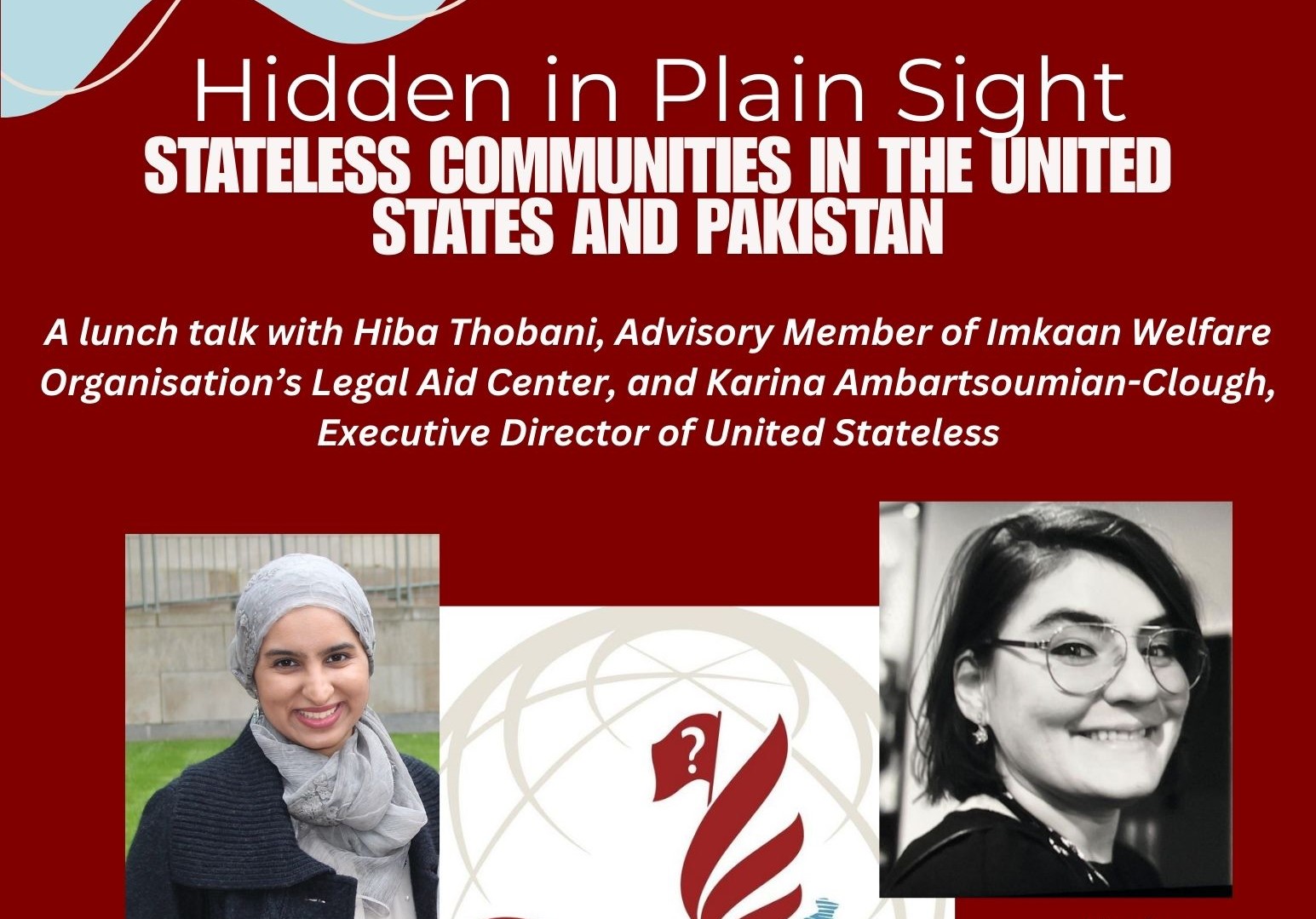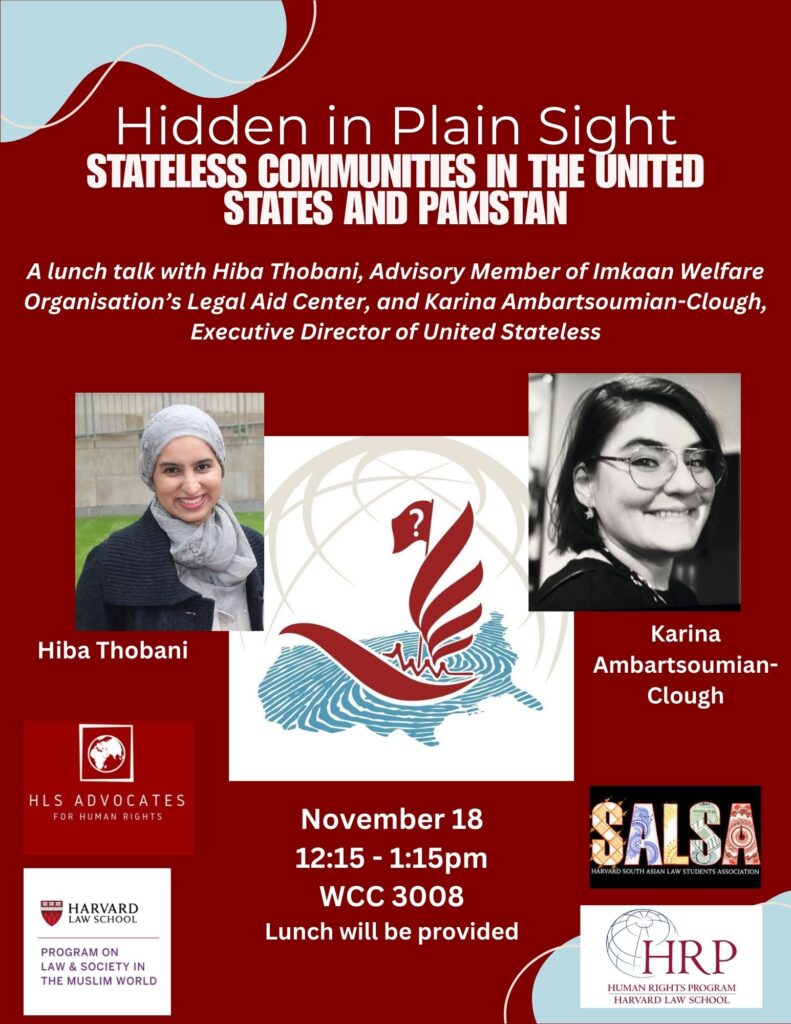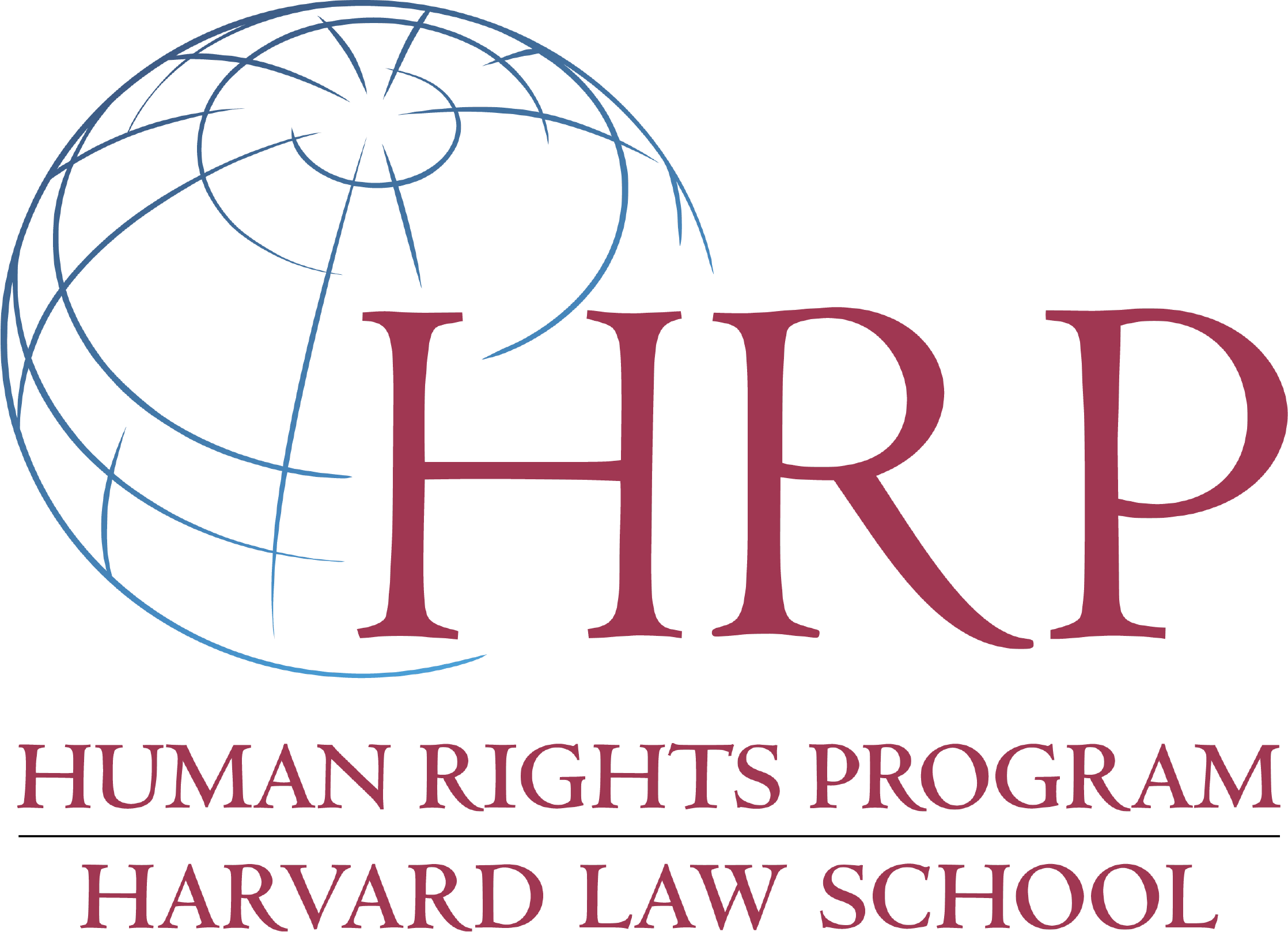

Stateless persons are those who do not have citizenship or nationality of any country in the world. Statelessness can occur as a result of a number of factors, including border disputes, discriminatory citizenship laws, and administrative hurdles. It is estimated that there are approximately 10 million stateless persons across the world – much higher than the officially reported statistic of 4.4 million, due to the lack of data. Stateless persons are very often undocumented, because of governments’ refusal to issue them identity documents – even birth certificates – resulting in statelessness being inherited. The lack of documentation in turn, means that stateless communities are deprived of access to most basic human rights, including education, healthcare, and housing.
It is estimated that there are over 200,000 stateless persons living in the United States, and approximately 3 million in Pakistan. Though the two countries have vastly different historical, political, cultural and economic contexts, the similarities in the causes of statelessness, challenges faced by stateless communities and hurdles to resolving statelessness, are striking. Join Karina Ambartsoumian-Clough and Hiba Thobani to understand more about the legal frameworks that perpetuate statelessness, as well as the work being done to end statelessness in the United States and Pakistan.
This event is sponsored by HLS Advocates for Human Rights, SALSA, PLSMW and HRP.
